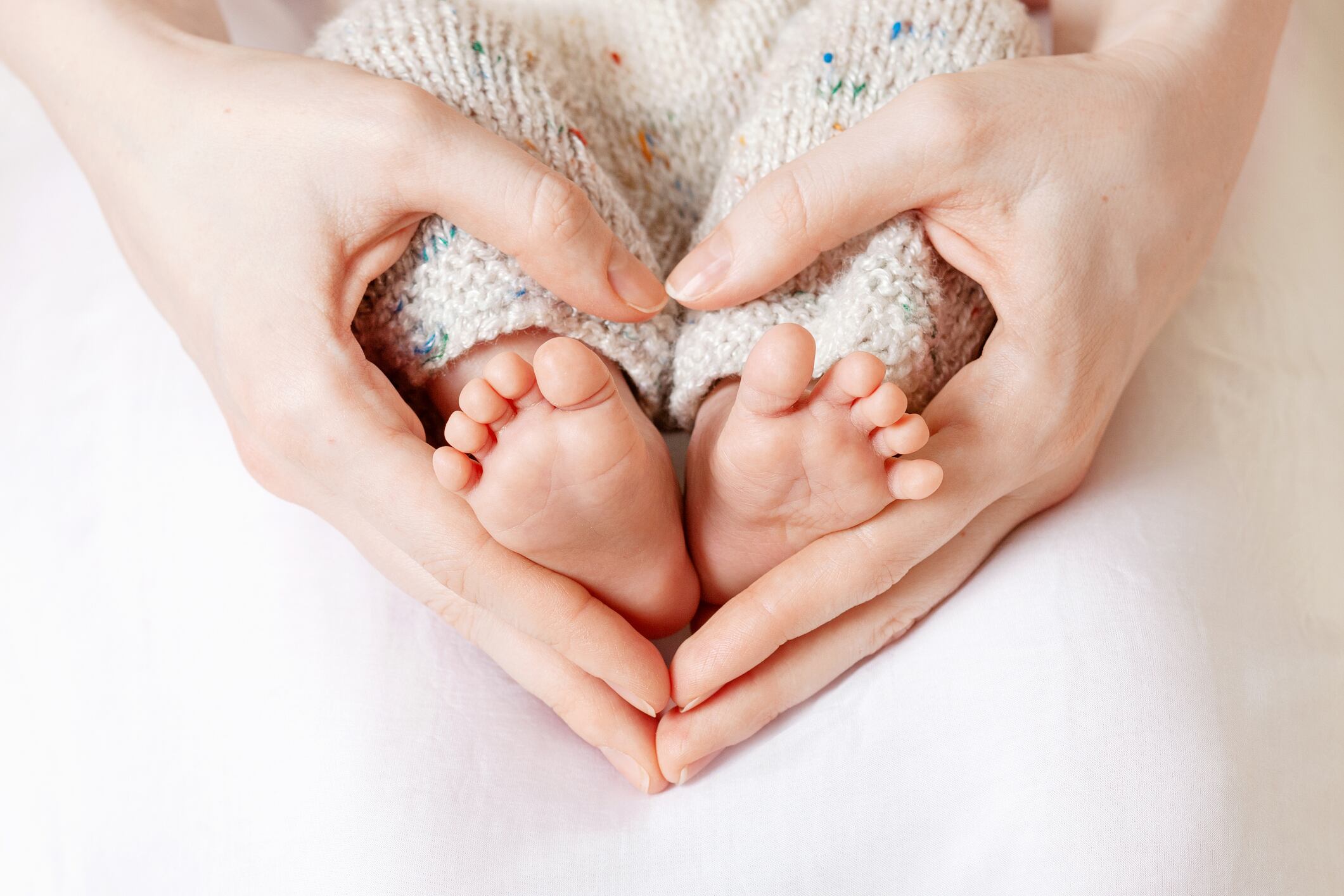The European Food Safety Authority and the American College of Obstetricians and Gynecologists recommend that pregnant women limit caffeine consumption to less than 200mg - around two cups - per day. However, systematic reviews and meta-analyses have reported that maternal caffeine consumption, even in low doses, is associated with a higher risk for foetal growth restriction.
The authors of the current study suggest inconsistent study results may be owing to reliance on self-reported measures of caffeine intake and to the lack of control for con-founders such as smoking and individual caffeine metabolism.
The current research, led by Dr Katherine Grantz, of the Division of Intramural Population Health Research at NIH's Eunice Kennedy Shriver National Institute of Child Health and Human Development, examined associations of caffeine consumption based on both plasma concentrations of caffeine and its metabolites and self-reported caffeine intake, with multiple measures of neonatal anthropometry.
The secondary aim of this cohort study involving over 2,000 women was to evaluate whether the association between caffeine consumption and neonatal anthropometry may be moderated by fast versus slow caffeine metabolism.
They report that based on the women's own estimates of the beverages they drank, women who consumed about 50 milligrams of caffeine a day (equivalent to a half cup of coffee) had infants 66 g (about 2.3) lighter than infants born to non-caffeine consumers. Similarly, infants born to the caffeine consumers also had thigh circumferences 32 cm smaller (about 13 inches).
They conclude that even moderate caffeine consumption may be associated with decreased growth of the foetus.
"Until we learn more, our results suggest it might be prudent to limit or forego caffeine-containing beverages during pregnancy," Dr. Grantz said. "It's also a good idea for women to consult their physicians about caffeine consumption during pregnancy."
Study design
The authors analysed data collected between 2009 and 2013 on more than 2,000 racially and ethnically diverse women at 12 clinical sites, enrolled from 8 to 13 weeks of pregnancy. The women were non-smokers and did not have any health problems before pregnancy. Secondary analysis was completed in 2020.
From weeks 10 to 13 of pregnancy, the women provided a blood sample that was analysed for caffeine and paraxanthine, a compound produced when caffeine is broken down in the body.
The women also reported their daily consumption of caffeinated beverages (coffee, tea, soda and energy drinks) for the past week - once when they enrolled and periodically throughout their pregnancies.
Using USDA guidelines for average caffeine content of each beverage, the team converted servings per day to milligrams per day by multiplying the number of servings by the mean caffeine content of 8 oz of coffee (96 mg), 8 oz of tea (48 mg), 12 oz of soda (40 mg), or 12 oz of energy drink (108 mg) to create a summary variable. They calculated total caffeine consumption by summing mg per day from all caffeine sources.
The results suggest infants born to women who had the highest blood levels of caffeine at enrolment were an average of 84g lighter at birth (about 3 oz), 44 cm shorter (about 17 inches), and had head circumferences 28 cm smaller (about 11 inches), compared to infants born to women with no or minimal blood levels of caffeine.
Results did not differ by fast or slow caffeine metabolism genotype.
Mechanism of action
The researchers note that caffeine is believed to cause blood vessels in the uterus and placenta to constrict, which could reduce the blood supply to the foetus and inhibit growth. Similarly, researchers believe caffeine could potentially disrupt foetal stress hormones, putting infants at risk for rapid weight gain after birth and for later life obesity, heart disease and diabetes.
Source: JAMA Netw Open
Gleason, J. L., Tekola-Ayele, F., Sundaram, R., et al
"Association Between Maternal Caffeine Consumption and Metabolism and Neonatal AnthropometryA Secondary Analysis of the NICHD Fetal Growth Studies–Singletons"
doi:10.1001/jamanetworkopen.2021.3238


